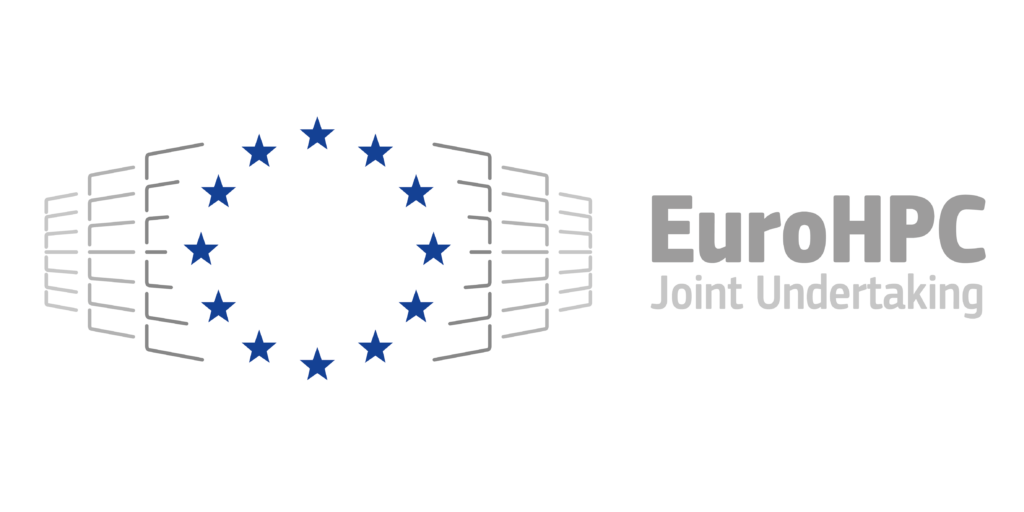EPI
The European Processor Initiative (EPI) is a project currently implemented under the first stage of the Framework Partnership Agreement signed by the Consortium with the European Commission (FPA: 800928), whose aim is to design and implement a roadmap for a new family of low-power European processors for extreme scale computing, high-performance Big-Data and a range of emerging applications.



